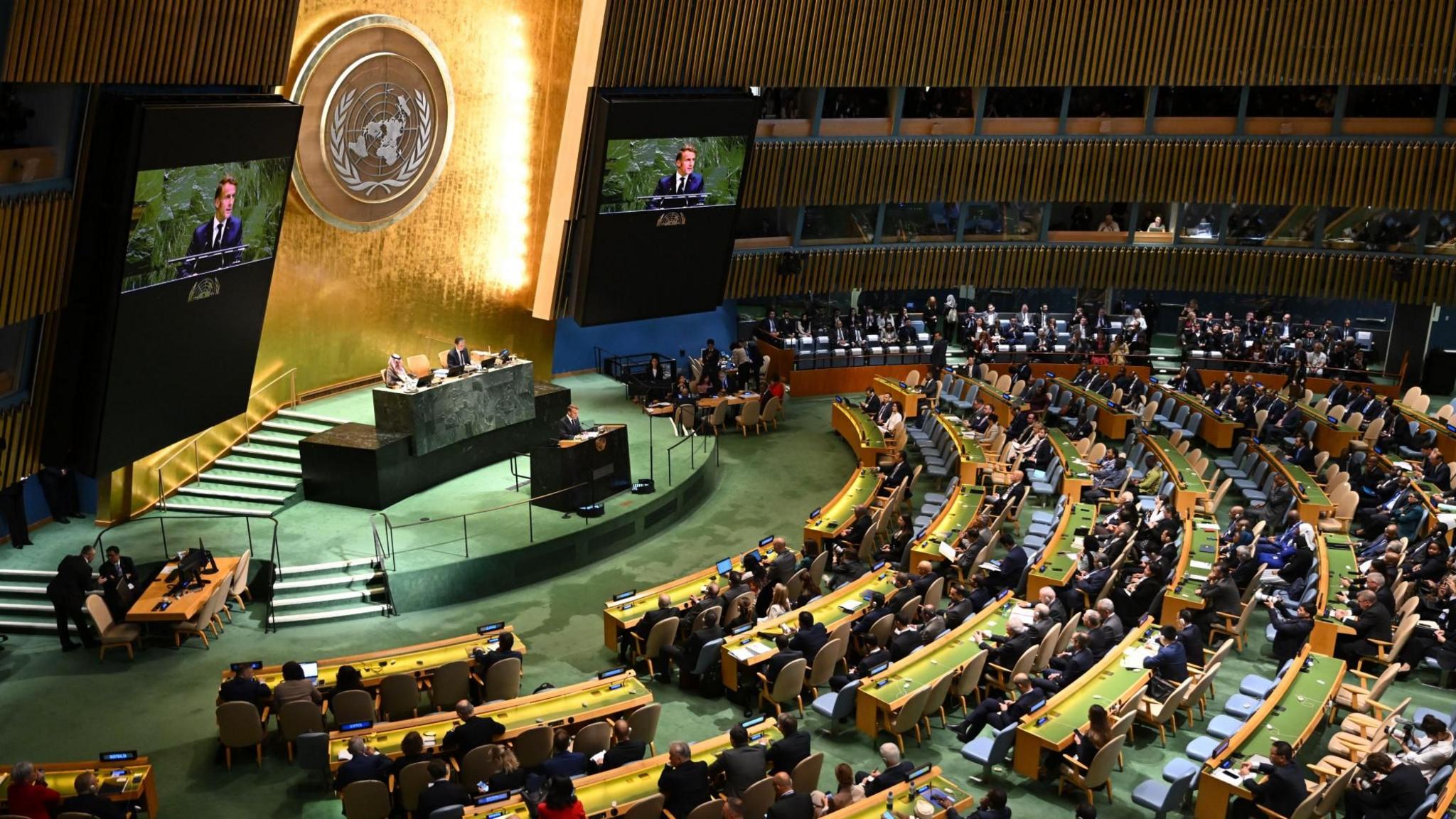The recognition of a Palestinian state by major European powers marks a pivotal moment in the century-old Israeli-Palestinian conflict. While symbolic in many ways, this move underscores the growing urgency to revive the two-state solution as a viable path toward peace. It also highlights the complicated reality of global diplomacy. Europe is taking bold steps, but ultimate influence remains concentrated in Washington.
The Two-State Solution Under Pressure
The concept of a two-state solution has long been at the center of international diplomacy. It envisions independent Israeli and Palestinian states coexisting peacefully. Yet decades of failed negotiations, escalating violence, and expanding settlements in the West Bank have left this vision in jeopardy. European recognition of Palestine is meant to breathe life back into this formula, asserting that the only sustainable way forward is one that guarantees self-determination for both peoples.
In practice, recognition does not immediately establish sovereignty. But it changes the diplomatic landscape. It signals to Israel that the world still views Palestinian statehood as non-negotiable, even as hardline factions in Israeli politics push for annexation. It also reassures Palestinians that their struggle is acknowledged at the international level. This move reinforces that the idea of a Palestinian homeland is not just a distant dream. Readers interested in the background of the two-state framework can explore resources at the United Nations.
Europe’s Strategic Gamble
European powers such as Britain and France have coordinated efforts with Arab nations. They hope to keep diplomacy relevant at a time of deepening conflict in Gaza and the West Bank. By recognizing Palestine, these countries are attempting to project influence, create leverage over militant groups, and encourage moderate Palestinian leadership. It is also a way to show that Europe remains committed to the principles of international law and human rights.
The gamble lies in timing and impact. Without U.S. backing, Europe’s move risks being seen as symbolic rather than transformative. Washington still holds unmatched power to influence Israel’s decisions through military, economic, and diplomatic means. For deeper context on U.S. foreign policy priorities, readers can visit the U.S. State Department.
Nonetheless, Europe’s actions are reshaping the conversation. Recognition from multiple states within the European Union provides legitimacy to Palestinian claims and builds momentum in international forums. Combined with Arab League support, this shift could place pressure on Israel to reconsider its long-term strategy. Those interested in the broader role of European foreign policy can find detailed insights on the European Union’s External Action Service.
Global Power Dynamics and the Path Forward
While European recognition is historic, the reality remains that Palestinian statehood will only become feasible with American support. The United States continues to play the role of global superpower, capable of applying decisive pressure on both Israel and Palestinian leadership. Without U.S. involvement, no peace framework has the weight to endure.
At the same time, global power dynamics are evolving. Saudi Arabia and other Arab nations are becoming increasingly active in shaping outcomes. This signals potential new alliances and pathways toward normalization. The Arab League’s involvement provides legitimacy to demands for Palestinian statehood. It also incentivizes Israel with the possibility of broader regional integration. More analysis on regional diplomacy can be explored through the Council on Foreign Relations.
For Palestinians, European recognition is both a symbolic victory and a reminder of the challenges ahead. Diplomatic acknowledgments must be matched with tangible progress—ending settlement expansion, reducing violence, and creating pathways for political autonomy. For Israelis, the recognition raises questions about long-term security strategies and whether military pressure alone can bring stability.
Ultimately, the recognition of Palestine by European powers keeps the two-state solution on life support. It demonstrates that the world still views coexistence as the only viable option, even if achieving it requires navigating immense political, social, and historical obstacles.



